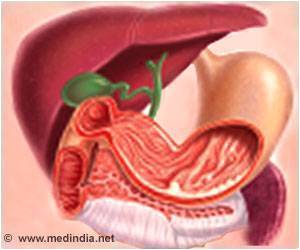Introduction
Liver transplantation has always been the favorable treatment option for individuals with alcoholic liver disease but it has remained a debatable topic until now.Patients who need transplantation need to //abstain from alcohol for 6 months before they can be considered for the procedure. One of the reasons for this is to make sure that they do not resume alcohol use after the transplantation.Patients whose alcoholic hepatitis is not responding to medical therapy have a 6-month survival rate of approximately 30%. Since most alcoholic hepatitis deaths occur within 2 months, early liver transplantation could save lives.
Glucocorticoids are generally administered to patients with severe alcoholic hepatitis but if they do not respond then early liver transplantation remains the only option. It is during these times that the six-month waiting period becomes controversial.
Aims
The aims of a study published in the New England Journal of Medicine include:
To determine if early liver transplantation in patients with severe alcoholic hepatitis (unresponsive to treatment) is able to improve the 6-month survival rate
Methods
The patients did not have alcoholic hepatitis earlier and scored 0.45 or higher according to the Lille model (a scale that evaluates severity of liver disease and risk of death if transplantation is not carried out), placing them on the high-risk category.
Survival rate was compared between patients on whom early liver transplantation was carried out and similar patients who did not have an early transplantation.
The patients selected for study were committed to alcohol abstinence and provided informed consent for surgery.
Patients who were unaware of their underlying problem were given preference over others. Those with more than one episode of alcoholic hepatitis were excluded from the study.
The study was approved by the Scientific committees from the Association Française d'Etude du Foie, the Association Française de Chirurgie Hépato-Biliaire et de Transplantation, and the Agence de Biomédecine, which are all agencies of the French government in charge of graft allocation.
Results
The 6-month survival rate was notably higher among patients undergoing transplantation than among controls. The benefits of early transplantation were maintained for the 2 years of follow up. Only 3 patients resumed drinking alcohol during the follow-up period.
Choosing the time of transplantation was crucial, as any intervention that was too late or too early had adverse effects.
The study challenges the requirement of an abstinence period prior to transplantation and confirms that early liver transplantation can improve survival rate in patients with a first episode of severe alcoholic hepatitis that is unresponsive to medical therapy.
More studies are required to substantiate these results.
Reference:
1. Philippe Mathurin, M.D., Ph.D., Christophe Moreno, M.D., Ph.D., Didier Samuel, M.D., Ph.D., et al. Early Liver Transplantation for Severe Alcoholic Hepatitis. N Engl J Med 2011; 365:1790-1800 November.10, 2011
Source-Medindia















